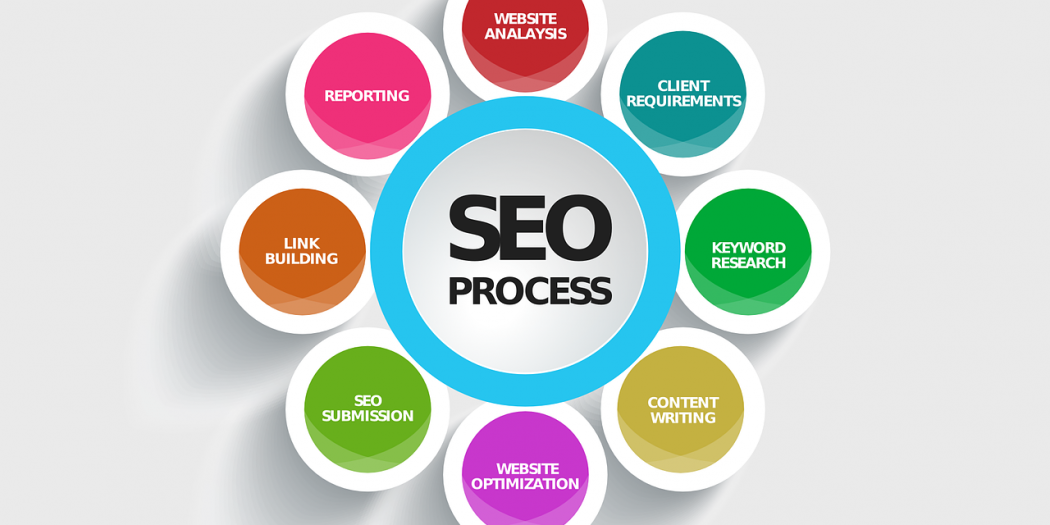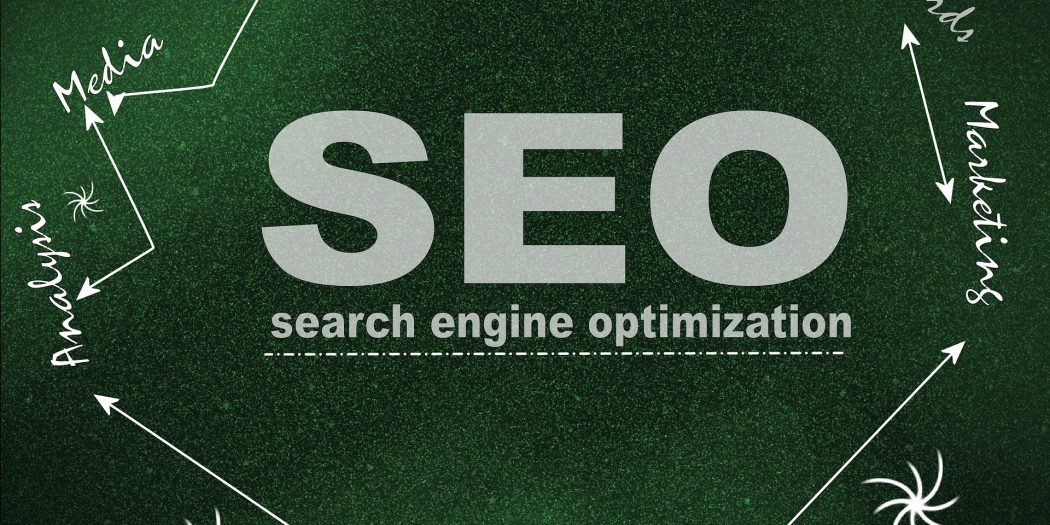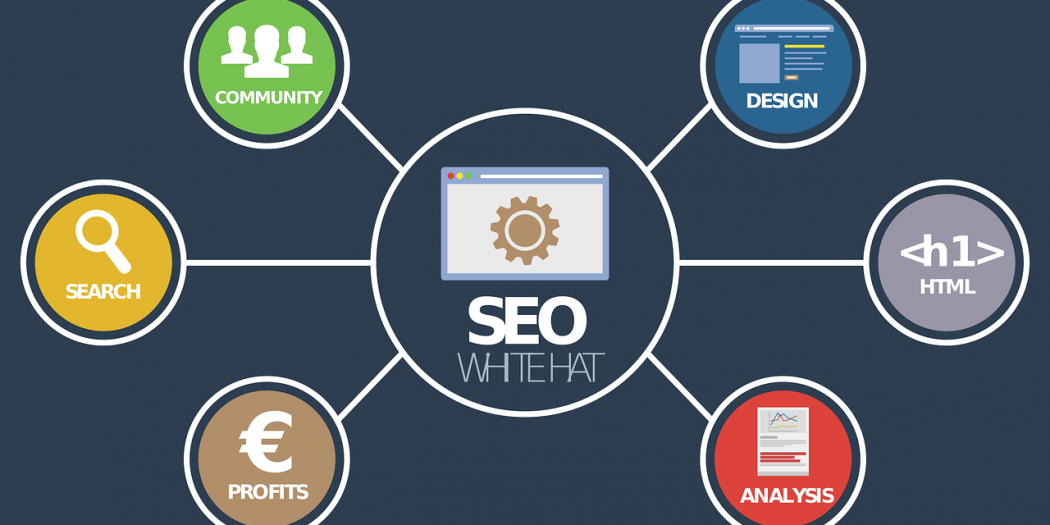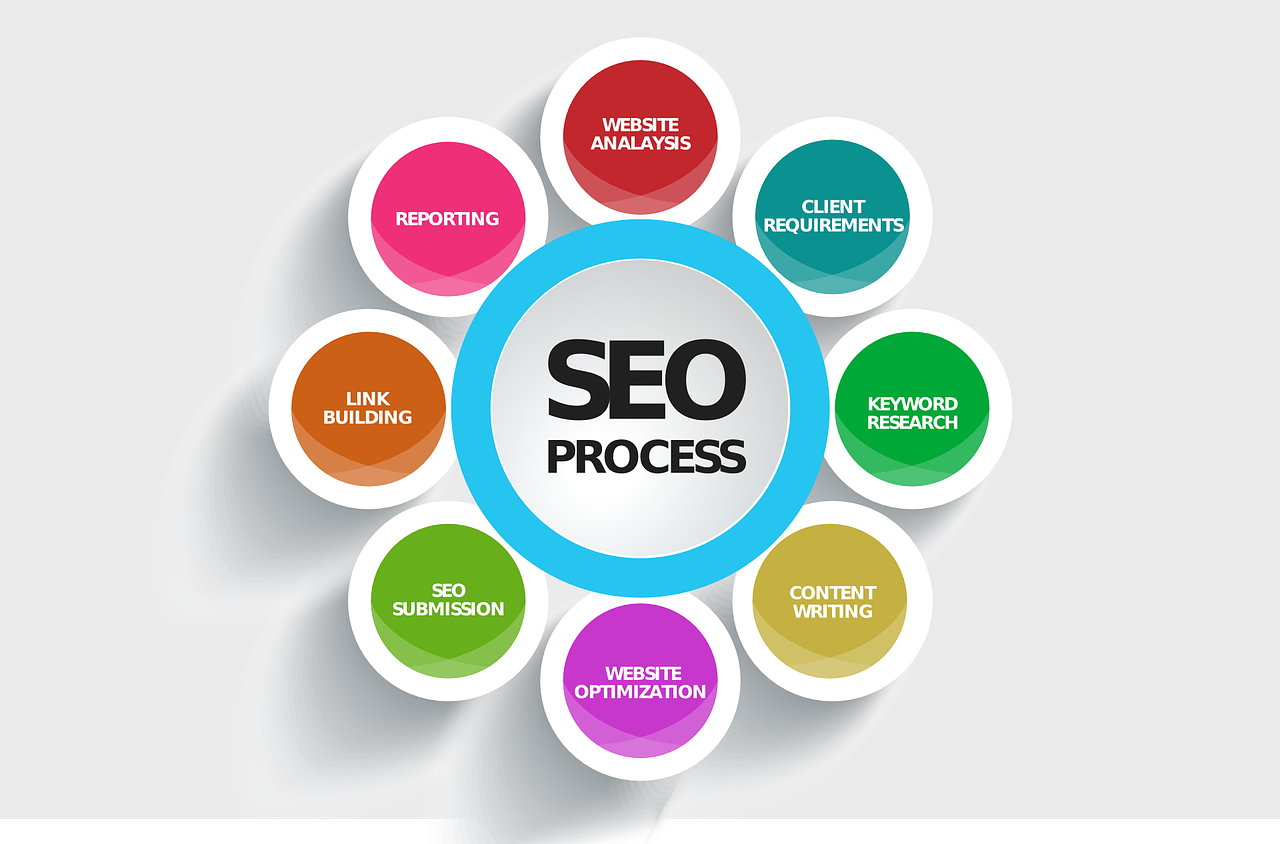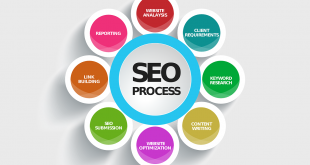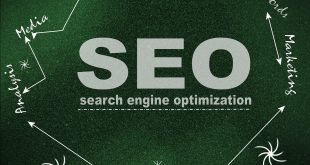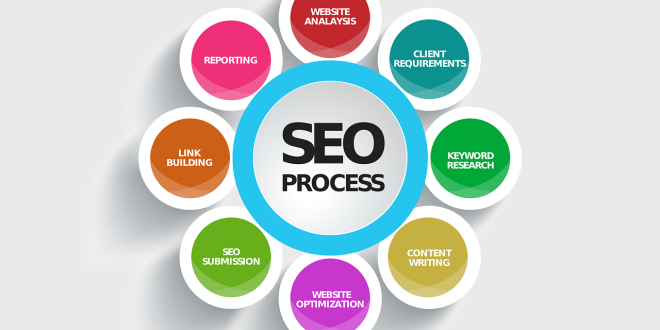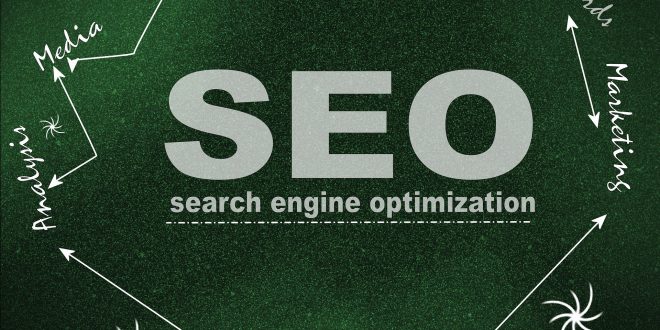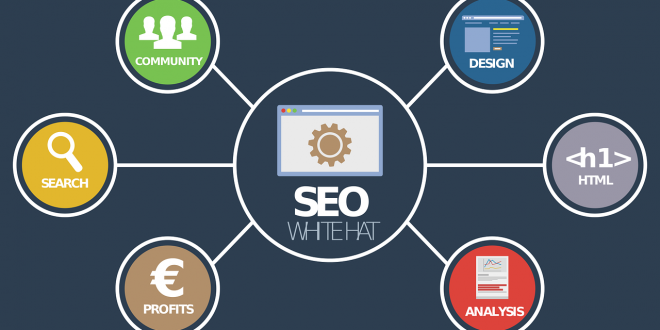Search engine optimization is often about making small modifications to parts of a website. The owners of a growing and thriving business, the webmaster of a dozen sites, the SEO specialist in an internet marketing agency or people who promote online content via Google Search need to learn about SEO. Learning about it will make it easier for search engines to crawl, index and understand the content. When viewed individually, these changes might seem like progressive improvements, but when combined with other optimizations, they could have a noticeable impact on your site’s user experience and performance in organic search results. Search Engine Optimization is about helping search engines understand and present content.
One should optimize the site to serve a users; needs. One of those users is a search engine, which helps other users discover content. Search engines try to provide the most relevant results to a searcher’s query. How search engines provide these results is down to their own internal algorithms, which we’ll probably never truly determine, but there are factors that you can be certain will influence these results and they’re all based around relevancy.
Google is moving further towards longer-form content that understands a visitor’s intention as a whole, instead of using keywords based on popular search queries to create content. Users need an easily navigable, clearly searchable site with relevant internal linking and related content. All the stuff that keeps visitors on a webpage and hungry to explore further. How quickly web pages load is increasingly becoming a differentiator for search engines.
Internal linking has many advantages. It provides your audience with further reading options. It helps to improve your ranking for certain keywords. Some experts recommend varying anchor text pointing to the same page as Google may see multiple identical uses as ‘suspicious’. It also helps Google crawl and index your site. Those little Google bots that are sent out to fetch new information on your site will have a better idea of how useful and trustworthy your content is, the more they crawl your internal links. An authority website is a site that is trusted by its users, the industry it operates in, other websites and search engines. Traditionally a link from an authority website is very valuable, as it’s seen as a vote of confidence.
The meta description is the short paragraph of text that appears under a page’s URL in the search results, it’s also something you should have complete control of in your CMS. Title tags are used to tell search engines and visitors what the site is about in the most concise and accurate way possible. The keywords in the title tag show up highlighted in search engine results (if the query uses those keywords), as well as in a browser tab and when sharing the site externally. The search results appear more attractive by adding Schema markup to the HTML of your pages. This can help turn the search results into a rich media playground, adding star-ratings, customer ratings, images, and various other bits of helpful info.
 SEO Tampa Online marketing experts that help businesses
SEO Tampa Online marketing experts that help businesses

